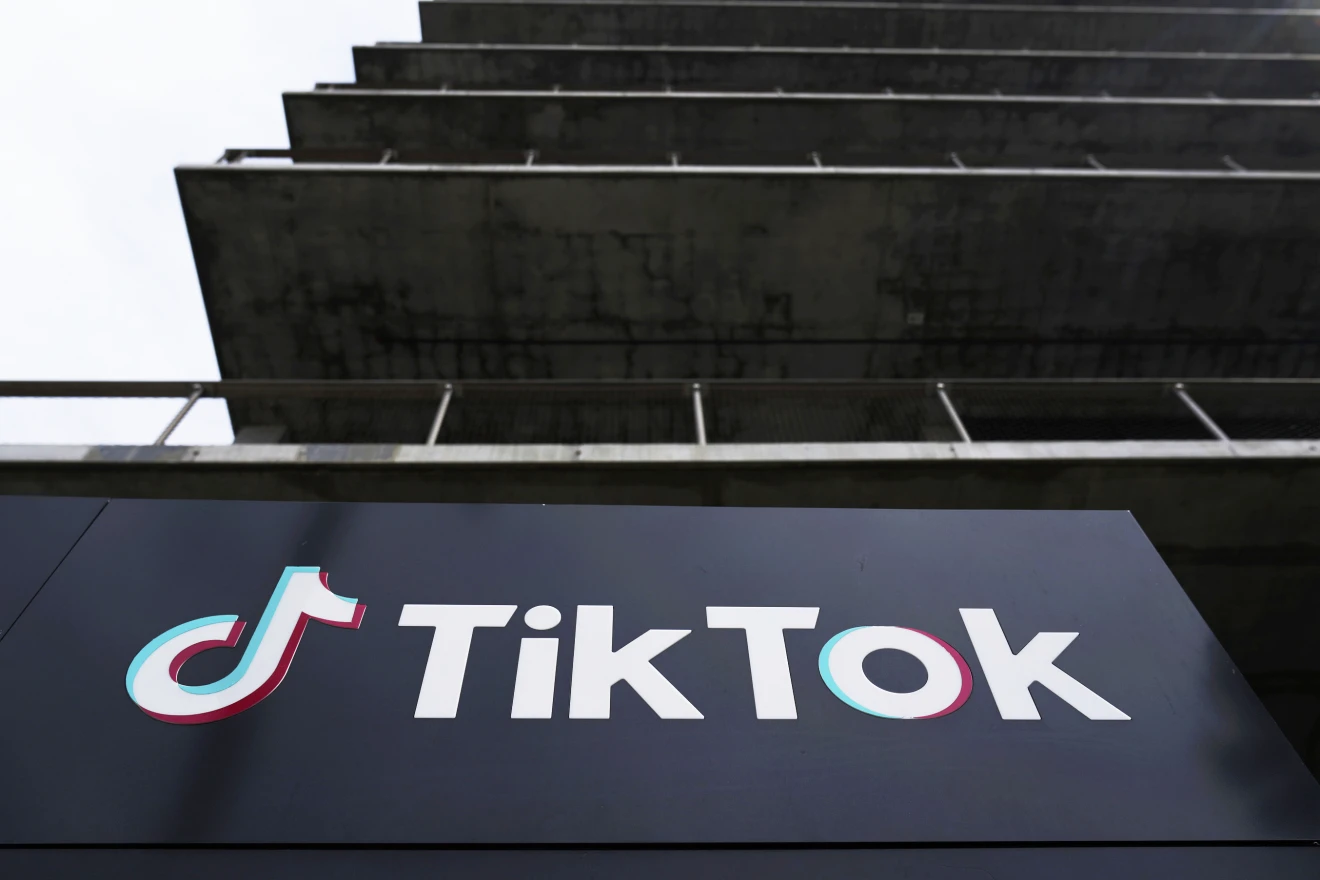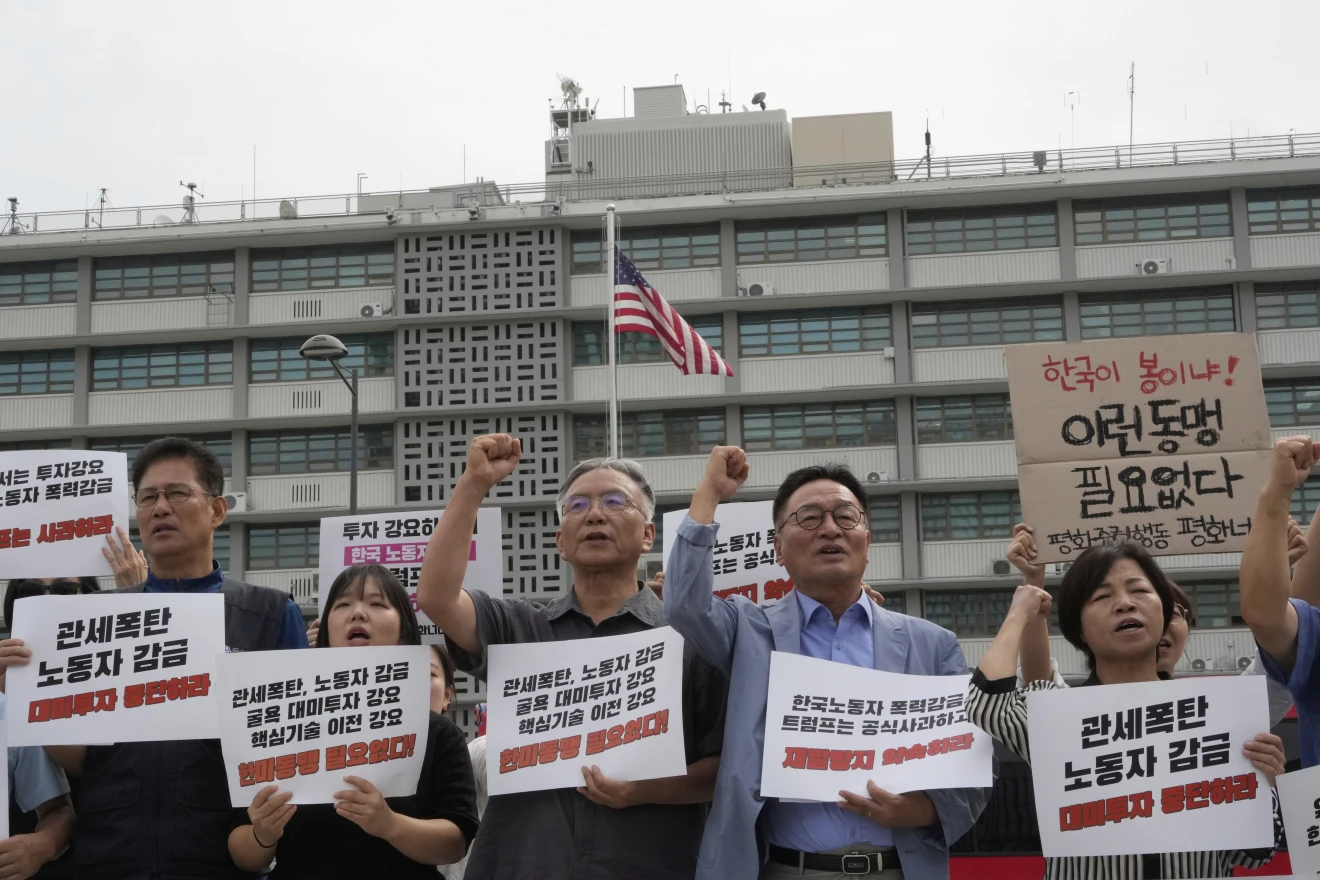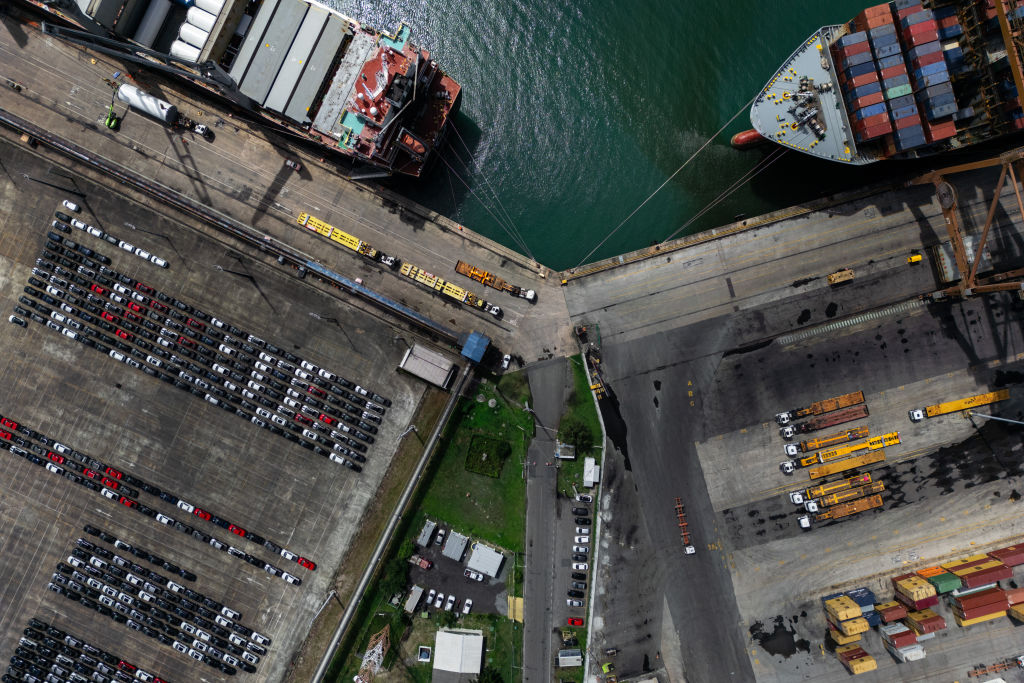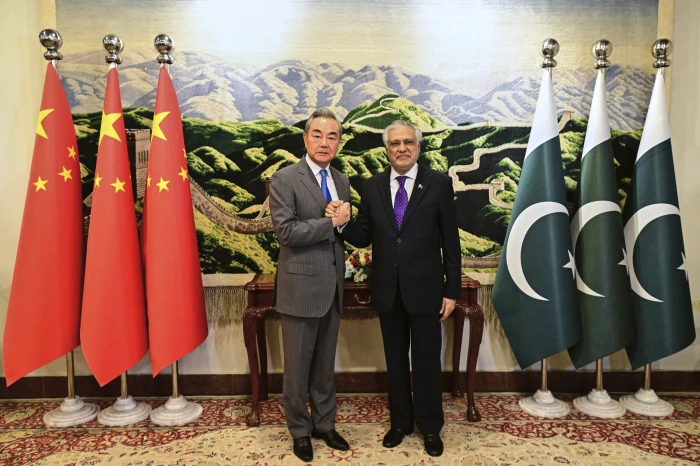US and China reach a framework deal for the ownership of TikTok
A framework deal has been reached between China and the U.S. for the ownership of TikTok. U.S. Treasury Secretary Scott Bessent said Monday after trade talks in Madrid that U.S.
Trump Embraces Sports Spotlight With Busy September Schedule in New York
MADRID (AP) — A framework deal has been reached between China and the U.S. for the ownership of popular social video platform TikTok, U.S. Treasury Secretary Scott Bessent said after weekend trade talks in Spain. Bessent said in a press conference after the latest round of trade talks between the world’s two largest economies concluded in Madrid that U.S. President Donald Trump and Chinese Premier Xi Jinping would speak Friday to possibly finalize the deal. He said the objective was to switch to U.S. ownership from China’s ByteDance. “We are not going to talk about the commercial terms of the deal,” Bessent said. “It’s between two private parties. But the commercial terms have been agreed upon.” Li Chenggang, China’s international trade representative, told reporters the sides have reached “basic framework consensus” to resolve TikTok-related issues in a cooperative way, reduce investment barriers and promote related economic and trade cooperation.

The meeting in Madrid is the fourth round of trade talks between U.S. and Chinese officials since Trump launched a tariff war on Chinese goods in April. A fifth round of negotiations is likely to happen “in the coming weeks,” Bessent said, with both governments planning for a possible summit between Trump and Xi later this year or early next year to solidify a trade agreement. However, nothing has been confirmed, and analysts say possible trade bumps could delay the visit.





















